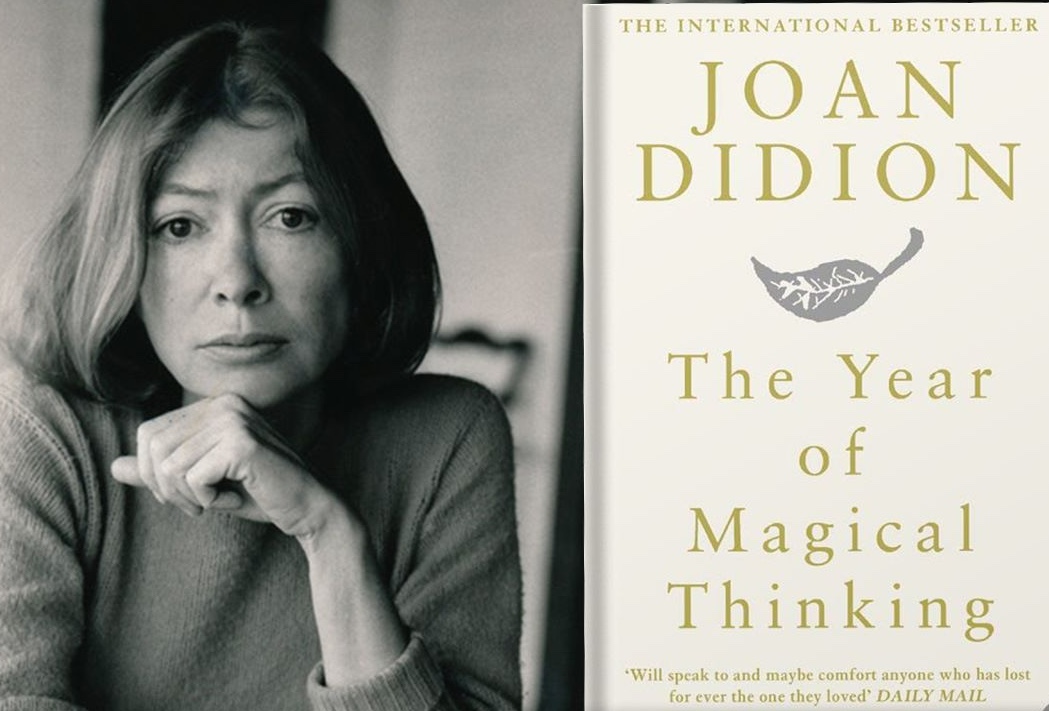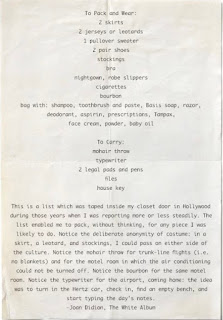It's about creative autonomy, deeper community engagement, and the rediscovery of storytelling on a writer's own terms. In this new ecosystem, fiction finds fresh formats, writers build loyal readerships, and the lines between hobbyist and professional blur in fascinating ways.
Tangled Prose is your bookish fix – from viral reads to cult classics. News, reviews, trends, and takes. Old favourites, and new finds. Always books.
Wednesday, 30 July 2025
Publishers and platforms: How Substack, AI & email newsletters are redefining fiction in 2025
The Booker Prize 2025: Subtle power and global resonance
These are novels of displacement, longing and radical introspection, stories that ask readers to listen closely.
Monday, 28 July 2025
Writing with machines, owning your voice, and where the ethical lines are drawn
We’ve crossed a threshold. What used to be the stuff of speculative fiction is now a line item in the writing process: AI is here, and it’s shaping how we write, revise and even brainstorm.
But with the rise of tools like ChatGPT, Sudowrite and Claude, a wave of questions has followed. If a machine helped shape a chapter, is it still your voice? If it tightened your prose or fed you metaphors, do you owe your reader an explanation? And most fundamentally—how much help is too much?
Saturday, 26 July 2025
Burn Bright, Burn Brief —The quiet power of short novels and why less is suddenly more
In a world of infinite scrolling and 800-page epics, something strange is happening, books are shrinking.
Not in value or complexity, but in size. Novels under 200 pages, long confined to indie presses or experimental shelves, are quietly becoming bestsellers. They’re winning awards. They’re getting second printings. And perhaps most telling of all, readers are finishing them.
Tuesday, 22 July 2025
The Literary Brat Pack and the birth of 1980s Manhattan Cool
For anyone craving an 80s mood board turned dark, literary statement, you’ve arrived at the right place. Step into 1980s Manhattan, when the city throbbed with neon lights, fast cars, and faster lifestyles, and the emergence of the so-called “Literary Brat Pack”.
Led by Bret Easton Ellis, Jay McInerney, and Tama Janowitz, this trio of young writers provided a fresh, glossy glimpse of urban excess. But beneath the designer clothing and drug-fuelled nights, there was something more: a generational manifesto hidden behind chic minimalism.
Sunday, 20 July 2025
Grief, grammar, and the Didion sentence: Rereading The Year of Magical Thinking
For me, few books confront grief with the unflinching clarity of Joan Didion's The Year of Magical Thinking. It is one of my favourite of Didion books and I reread it recently.
Didion wrote it in the aftermath of her husband’s sudden death; it isn’t a memoir of healing so much as a dissection of loss, precise, restrained, devastating.
Monday, 14 July 2025
Why the Classics still cast a spell: reading backwards in the age of the algorithm
Thursday, 10 July 2025
Bookworm summer: Reading as stylish rebellion
Move over, Brat Summer. The era of ironic chaos and glam messiness is giving way for something quieter, more cerebral, and, dare we say it, more enchanting. Welcome to Bookworm Summer, where reading isn’t just cool again; it’s the season’s most coveted accessory.
From Dior’s limited-edition Dracula book tote to Dua Lipa’s Instagram book club and Kaia Gerber’s annotated paperbacks, literary flair is everywhere. Celebrities aren’t just posting reading lists for show; these curated collections have become a way to express identity, mood, and even political consciousness.
Sunday, 6 July 2025
Why Mansfield Park deserves your attention in Austen’s anniversary year
Read Mansfield Park.










